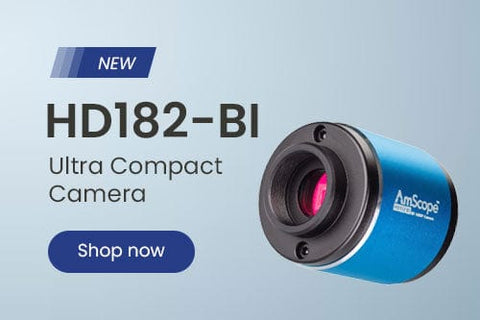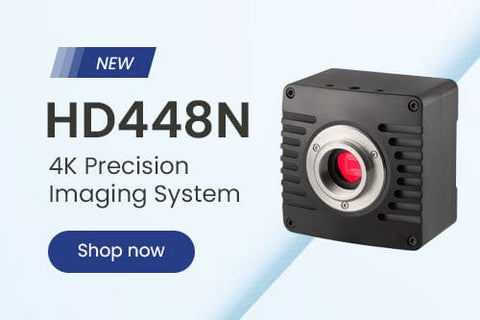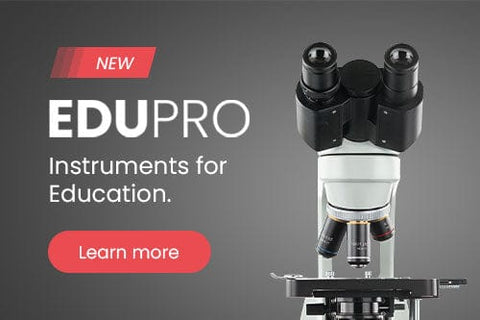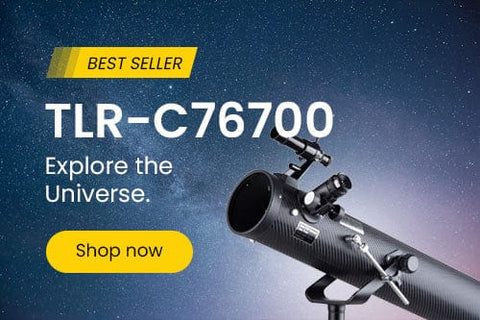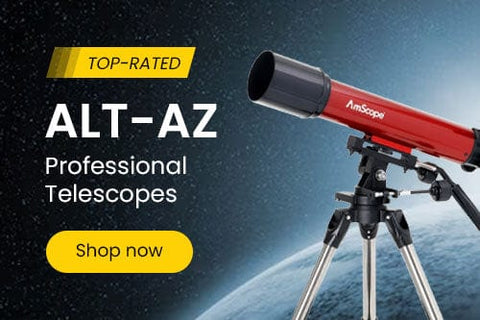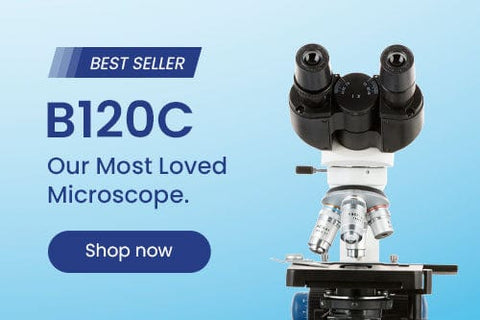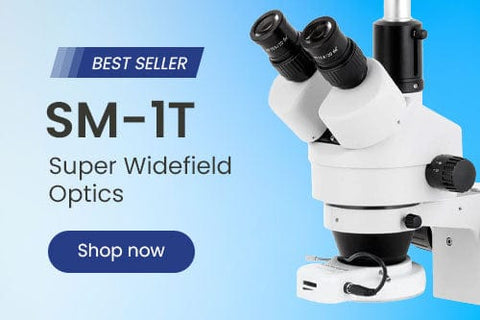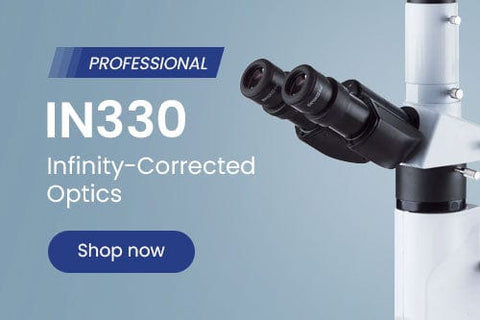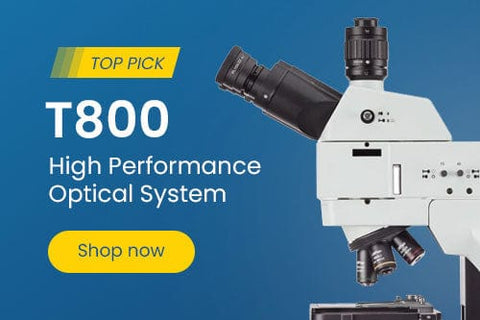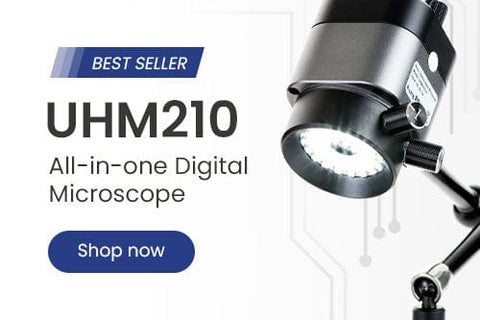- Microscopes
- Cameras
- Lab Supplies & Equipment
- Shop By Brand
- Lab Supplies by Category
- Analyzer Consumables
- Balances
- Bags
- Beakers
- Bench Scale Bases
- Bottles
- Bottletop Burettes
- Bottletop Dispensers
- Boxes
- Blank Microscope Slides & Cover Slips
- Blood Collection
- Caps
- Carboys
- Centrifuges
- Centrifuge Tubes
- Cold Storage
- Containers
- Cryogenic Vials
- Culture Tubes
- Cylinders
- Dispensers
- Digital Dry-Baths
- ESR Products
- False Bottom Tubes
- Flat Bottom
- Funnels
- Gel Documentation
- Glassware
- Glass Test Tubes
- Histology
- Homogenizers
- Hotplates-Stirrers
- Inoculation Loops and Spreaders
- Liquid Handling Products
- Manual-Electronic Pipettors-Pipettes
- Microscope Slides
- Overhead Stirrers
- Pipette Controller (Serological Filller)
- Pipette Tips
- Plastic Test Tubes
- PCR Tubes, Strips & Plates
- Racks
- Repeater Pipettor
- Rockers
- Rotary Evaporators
- Serological Pipettes
- Shakers
- Spectrophotometers
- Syringe Tips
- Sample Tubes
- School/Classroom Supplies
- Screwcap Test Tubes
- Self-Standing
- Test Tube Racks
- Test Tubes & Vials
- Transport & Storage Tubes
- Thermal Mixers
- Transfer Pipets
- Urinalysis
- Vacuum Pumps
- Weighing Dishes
- Lab Equipment
- Balances
- Bench Scale Bases
- Centrifuges
- Digital Dry-Baths
- Gel Documentation
- Homogenizers
- Hotplates-Stirrers
- Overhead Stirrers
- Pipettors
- Rockers
- Rotary Evaporators
- Shakers
- Serological Pipettes
- Spectrophotometers
- Thermal Mixers
- Vacuum Pumps
- Liquid Handling Products
- Manual-Electronic Pipettors-Pipettes
- Pipette Tips
- Racks
- Pipette Fillers-Controllers
- Repeater Pipettor
- Syringe Tips
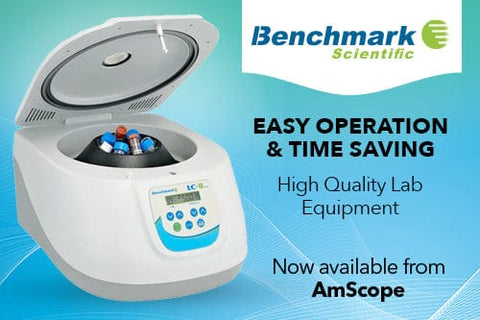
Cost effective products and solutions designed to improve laboratory efficiency, safety and results.
SHOP BENCHMARK SCIENTIFIC >
- Slides & Accessories
- Slides
- Cameras
- Illuminators
- Adapters
- Eyepieces / Objectives
- Bulbs
- Magnifying Lamps
- Monitors and Tablets
- View All Categories
- Adapters
- DSLR Adapters
- USB Camera Adapters
- Ring Light Adapters
- Power Adapters
- Barlow Lens
- Books & Experiments Cards
- Bags & Cases
- Bags
- Cases
- Cameras
- Circuit Board Holders
- Cleaning Kits
- Condensers
- Darkfield
- Phase Contrast Kits
- Polarizing Kits
- Dust Covers
- Eye-Guards
- Eyepieces
- 20mm
- 23mm
- 30mm
- 30.5mm
- Filters
- Microscope Filters
- Illuminator Filters
- Fluorescence Kits
- Conversion Kits
- Filter Cubes
- Focusing Racks
- Fuses
- Illuminators
- Bulbs
- LED Illuminators
- Fiber Optic Illuminators
- Fluorescent Illuminators
- Ring Lights
- Stand Lights
- Goosenecks
- Gooseneck Attachments
- Immersion Oils
- Loupes
- Magnifying Lamps
- Clamp Lamps
- Desktop Lamps
- Rolling Stand Lamps
- Mechanical Stages
- Monitors and Tablets
- Calibration Slides & Stage Micrometers
- Stage Warmers
- Stain Kits
- Stands
- Articulating Arm Stands
- Boom Stands
- Table Stands
- Tweezers
- Other Accessories
- Shop By Industry
- Shop By Industry
- Botany
- Agronomy & Forestry
- Horticulture
- Phytopathology
- Chemistry
- Biochemistry
- Biotechnology
- Cannabis
- Pharmaceutics
- Consumables
- Beer & Wine
- Cosmetics
- Food & Beverage
- Electronics
- Circuit Boards & General Electronics
- Mobile Phone Repair
- Semiconductors & Wafers
- Environmental
- Asbestos
- Ecosystem Research
- Mud Logging
- Soil Treatment
- Water Treatment
- Forensics
- Ballistics
- Fingerprint Analysis
- Genetic Identification
- Hair & Fiber Analysis
- Handwriting Analysis
- Industrial
- Aerospace
- Automotive
- Dental Lab & Production
- Glass Industry
- Industrial Inspection
- Mechanical Parts
- Paper Industry
- Petrochemical
- Plastics
- Printing Industry
- Quality Assurance & Failure Analysis
- Textiles & Fibers
- Tool Making
- Wood Production
- Jewelry & Gemology
- Engraving
- Gemology
- Jewelry Repair
- Stone Setting
- Watch Repair
- Hobby
- Coins & Collecting
- Stamps
- Modeling & Assembly
- Sculpting
- Repair
- Telescopes
- Metallurgy
- Archaeology
- Geology
- Mining
- Petrology
- Medical & Microbiology
- Anatomopathology
- Bacteriology
- Biochemistry
- Cell Culture
- Cytology
- Dental Microbiology
- Dermatology
- Dissection
- Gout & Rheumatology
- Hair & Fiber Analysis
- Hair Transplant
- Fluorescence
- Hematology & Live Blood Analysis
- Histopathology
- Mycology
- Medical Devices
- Microsurgery
- Neuropathology
- Oncology
- Parasitology
- Pathology
- Semen Analysis
- Virology
- Veterinary & Zoology
- Breeding & Semen Analysis
- Entomology
- Fecal Smears & Floats
- Marine Biology
- Ornithology
- Veterinary Medicine
- Zoology
- Shop By Industry
- Students
- Telescopes
- Buy With Prime
- Sale
- Compound Microscopes
- Shop By Brand
- AmScope
- Euromex
- Omax
- Shop by Head Type
- Binocular
- Monocular
- Trinocular
- Multi-head & Training
- Shop By Specialty
- Brightfield
- Darkfield
- Phase Contrast
- Inverted
- EPIfluorescence
- Polarizing
- Digital Integrated
- Metallurgical
- Shop By Application
- Education
- Research
- Veterinary
- Compound With Digital Head
- Shop Best Sellers
- Shop All Compound
- Stereo Microscopes
- Shop By Brand
- AmScope
- Euromex
- Shop By Objective Type
- Fixed Power
- Zoom Power
- Single Lens
- Common Main Objective
- Shop By Stand Type
- Articulating Arms
- Boom Stands
- Gooseneck Stands
- Table Stands
- Other Stands
- Shop By Head Type
- Binocular
- Monocular
- Trinocular
- Simul-Focal
- Shop By Industry
- Video Inspection
- Industrial Inspection
- Microscope Heads
- Shop Stands
- Articulating Arm
- Boom Stands
- Table Stands
- Stereo With Digital Head
- Shop Best Sellers
- Shop All Stereo
- Specialized Microscopes
- Digital Microscopes
- Kids, Student Microscopes
| AmScope Blogs
The Ultimate Guide to Digital Imaging: Best Microscope Camera, Techniques and More

Up until the latter part of the 20th century, film was still the tried and true medium for photomicrography. Digital imaging began gaining popularity around this time, but its availability was still confined to large-budget labs that could afford the latest, greatest technologies. Improvements to computers and electronic cameras in recent years have finally made digital imaging widely accessible. It is now the cheaper, easier and more efficient method of capturing images from a microscope.
Digital Imaging Basics
To get started in digital imaging photomicrography, you need three primary pieces of equipment: a microscope, a digital camera and a computer with a compatible software program. This enables sample images to be analyzed and observed directly onto a monitor display, rather than through an eyepiece.
Digital cameras operate by using a charge-couple device (CCD), which is a small chip-sized device that transfers electrical charges to an area where they can be converted into a digital value. In digital cameras, CCD image sensors translate these values into pixels that can be read as images. While many light detection technologies exist, CCD image sensors are the most trusted for capturing high-quality image data.

Using a microscope camera with a CCD image sensor, which digitizes the image within the camera rather than later in the process, helps reduce image noise. A good rule of thumb to follow is that the closer the sensor is to the analog-to-digital conversion, the less noise appears in the final image. Lower noise means more identifiable grey levels in your images, ultimately resulting in more accurate measurements.
Benefits of Digital Imaging
Using a digital microscope has clear benefits to your work. First of all, they can capture full-frame, high-quality images at the same rate (or sometimes even at higher rates) as video captures. Both digital and USB microscopes also present the clear advantage of producing images that are already directly compatible with computer monitors. A simple software program is often required to ensure compatibility with the make and model of the computer being used, but a digital signal output eliminates the problems associated with converting and storing negatives, prints and slides.
Most high-impact factor scientific journals now accept (and prefer) digital image files. They are much easier to store and produce markedly higher-quality images in both the journals’ print and online forms. The ability to compress and email images–or share them via various internet programs–enables scientists to share results with collaborators much more easily, as images can be sent around the world in a matter of seconds and then immediately inserted into manuscript drafts, presentations, grant applications and posters.
Ergonomics
Aside from image quality, another advantage of digital microscopes is their ease of use. Since images are displayed directly onto a monitor, scientists can observe and analyze the sample while sitting comfortably in a chair, rather than being hunched over a microscope and having to maintain poor posture for great lengths of time. If analyzing data via microscopy is a large part of your job, craning your back and neck at awkward angles for hours on end could eventually have deleterious effects on your health. While we may not think much of our daily movements on the job (especially when we’re young), repeated unnatural movements can cause long-term damage.

Digital microscopes also allow multiple users to store their profiles and settings on accompanying software. This makes them a convenient option for high-traffic labs in which several users may be sharing the same equipment. Rather than spending valuable time adjusting, readjusting and troubleshooting, each user can simply select their saved profile and get to work on his or her project right away.
Even novices (who have gone through the required lab equipment training) can operate digital microscopes with ease. It is much easier and faster to obtain a sample image using a digital microscope than a traditional one that requires much more adjusting and can be finicky at times. In this increasingly digital age, it has also become easier to teach young scientists how to use digital equipment than to show them how to use older, analog devices. In the 21st century, an entire generation of brains has become wired to understand digital devices and software almost preternaturally.
Are There Limitations?
Nothing is perfect, and digital imaging equipment does have its own set of pitfalls. Primarily, one must always have a reliable power source to be able to use the microscope. Unlike compound light microscopes, a power connection is always required. If your lab is in an area prone to electrical storms, it is highly recommended that your microscope components also be hooked up to an adequate surge protector and a back-up source of power so neither the machine nor its saved data is compromised in the event of a lightning strike.
As there are several components that comprise a digital microscope system, there are also extra cables, bulbs, power sources, etc. that need to be obtained. The lack of an eyepiece requires the microscopes to be hooked up to a computer in order to be operational. And, of course, the more parts a system has, the more room there is for error. Many reputable microscope companies offer training on their devices to ensure lab members get the correct information directly from the source. And almost all of these devices come with an optional warranty to cover any unforeseen defects or hiccups that can arise during normal use.

Microscope Cameras
Another option for digital imaging is to purchase a microscope camera for your standalone microscope. These are useful for everything from basic sciences, forensics or even fine art photography. Unlike the integrated digital microscope that combines the camera, microscope and computer into one device, a microscope camera can be added to the eyepiece of standard microscopes. These cameras capture individual images of samples as seen through an eyepiece, rather than transferring images directly to computer software.
Some of these types of cameras are not universal, so if you are considering purchasing one, make sure you exercise your due diligence in researching which type of camera is compatible with your equipment. If there is any doubt in the product listing, a quick phone call to customer service can answer any compatibility questions. AmScope employs a live chat option, where you can type out your questions right on the website and receive answers almost immediately, rather than wait through long hold times on the phone.
You also should take stock of your objectives for using the camera. There are many scenarios in which a digital microscope could actually be what you’re looking for. However, if you are sure a microscope camera can fulfill your needs, consider at what capacity it will be used. Are you interested in a camera solely for photography purposes? Do you have experience using similar devices or will you need an entry-level version to start? Or are you performing complex tasks that require an advanced or professional-level camera? When in doubt, a phone call or live chat with customer service will help you narrow down what you’re looking for.
Microscope Camera Features
There are dozens of features to consider before buying a camera. For starters, what are your resolution requirements? Aside from choosing a pixel size and resolution necessary for your project, you’ll also need to make sure the camera is compatible with the microscope’s resolution. You can find camera-microscope resolution calculators online, or if you want to be one hundred percent sure you get the right match, you can talk to a customer service expert. Another point to consider is whether or not your subject will be moving. The more magnified your subject is, the more drastic its movements will appear. So even if you’re photographing amoebas that seem to move at a snail’s pace to the naked eye, they will seem like high-speed subjects to a highly magnified lens. If your subjects will be moving at all, even in an ambient breeze, make sure you purchase a camera with a high enough shutter speed to capture the images clearly.

Microscope cameras are generally sold in either monochrome or color varieties. Single-color images produced by monochrome cameras can be helpful in fluorescent imaging, whereas full-colored cameras may cover your bases in most other situations. There are a myriad of other special features available for microscope cameras as well. Video or time-lapse capabilities, shutter remotes to reduce movement during image capture and Wi-Fi or Bluetooth connectivity capabilities are all features to consider when choosing a camera. All the little add-ons may incur separate costs, but many may be necessary for your work.
What Digital Microscope Is Right for You?
There are seemingly endless digital imaging choices out there, depending on whether you opt for a digital microscope or a microscope camera. What are some of the differences you should be looking for when choosing the right one for you? Many users like heavier, bulkier microscopes, as they tend to be built to last and rather difficult to damage. This all depends on the amount of workspace available to you. Other users prefer handheld, portable scopes for on-the-go fieldwork. While these frequently lack the image detail that larger units can provide, they are excellent all-in-one technologies and usually have USB capabilities so you can save images quickly in the field. Some microscopes are even designed specifically for use in damp or rainy environments or have been treated with special stain-resistant coatings in anticipation of frequent spills.
When choosing a microscope, dig deep into online reviews as well. While everyone has their own set of expectations and opinions, a set of overwhelmingly positive or negative reviews has little room for interpretation. Several microscopes on the market produce beautiful images but are known to have bug-prone software that is not user-friendly. Others even have well-documented focus issues at certain magnifications, which can be quite frustrating after you’ve spent a large sum of money on something specifically designed to bring minute objects into view. Also, look into how much the secondary equipment will end up costing you. If a brand of microscope is only compatible with an overly expensive type of slide, it may be worth looking into other options.

The world of digital imaging may seem a little intimidating to jump into, as there are countless options available. If you’re looking for equipment for a home office or to be able to transport out into the field, the number of features to consider seems to grow exponentially. As with any important lab-related decision, a little research goes a long way. Once you narrow down your needs and determine exactly what parameters your research requires, spend some time reading reviews and talking to the AmScope customer service department before making any big purchases. Digital imaging has come a long way in the past few decades, which means the consumer can really find almost everything they need. Ultimately, your digital microscope or microscope camera should be something that not only facilitates your research but is enjoyable to use as well.
Free Shipping on orders $149+
Same day shipping for orders within the contiguous U.S.
Easy Returns
Hassle-free 30-day return policy. 100% satisfaction guarantee.
Quality Products
5-year warranty on AmScope microscopes.
Got a question?
Speak to our team of experts and find the products you need.
